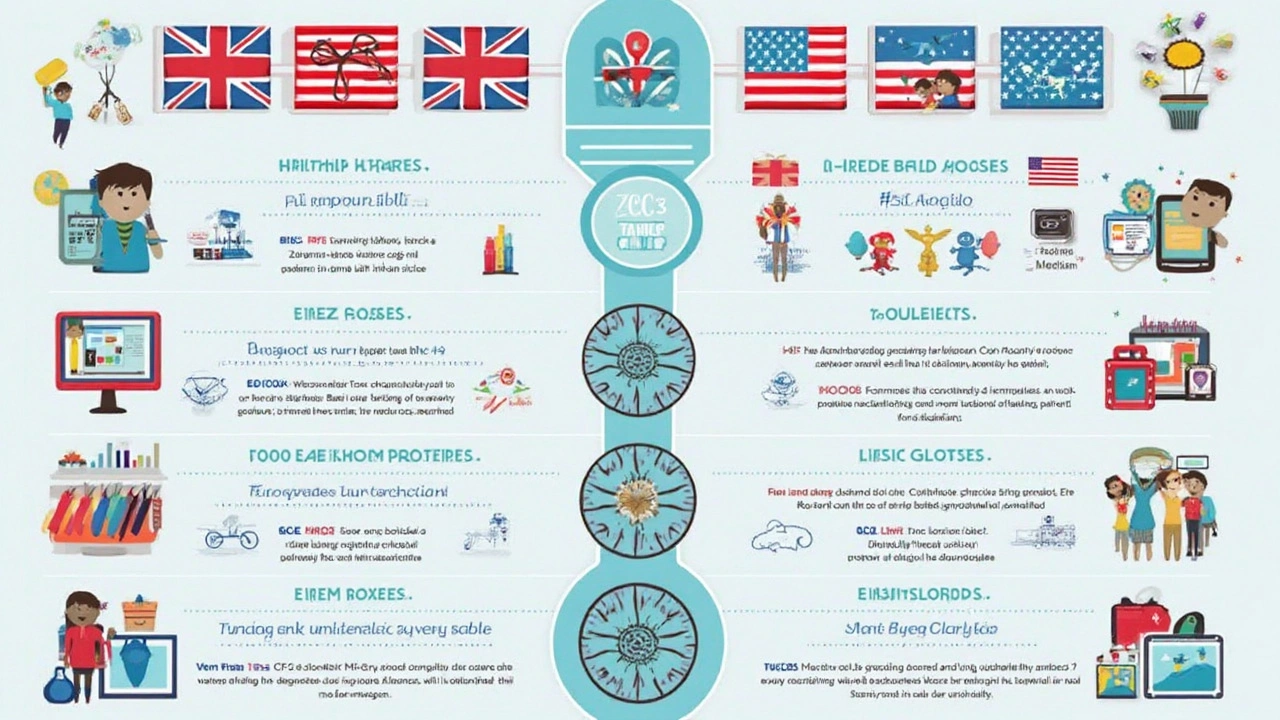American Education: What You Need to Know
If you’re curious about the US school system, you’re in the right place. Whether you’re a student thinking about studying abroad, a parent comparing curricula, or just want to know how American grades stack up against UK ones, this guide breaks it down in plain English.
Key Differences Between US and UK Schools
First off, the structure is different. In the US you have kindergarten, then grades 1‑12. The big milestones are the high school diploma at grade 12 and the standardized tests like the SAT or ACT that many colleges use for admission.
In the UK, students finish secondary school with GCSEs at age 16, then move on to A‑levels or equivalents. The UK system focuses on a few deep subjects, while the US encourages a broader range of courses throughout high school.
Grades work differently too. The US uses a 4.0 GPA scale, whereas the UK uses letter grades (A*‑U) and points. Converting a 4.0 GPA to UK grades isn’t exact, but a 4.0 is generally seen as an A or A* level performance.
Tips to Navigate the US System
Got your eye on an American college? Start by checking if the school accepts AP (Advanced Placement) or IB (International Baccalaureate) credits. Harvard, for example, looks at AP scores for placement and sometimes even for credit. A strong AP score can shave a semester off your degree.
Scholarships are another big piece. Many think only elite athletes get money, but there are scholarships for average students, specific majors, and even for community service. Look for “most popular scholarships” lists – they often include awards for STEM, humanities, and leadership.
Don’t overlook the SAT vs. ACT debate. Both are accepted widely, but the test style suits different strengths. If you’re comfortable with quick answer choices, the SAT might be easier; if you prefer faster pacing, the ACT could work better.
Finally, remember that college admissions consider more than grades. Extracurriculars, personal statements, and recommendation letters matter a lot. Show genuine interest in a field, whether it’s a master’s degree in demand or a hands‑on project, and you’ll stand out.
Bottom line: American education is flexible, offers many pathways, and rewards both academic and personal growth. Use AP credits wisely, hunt down scholarships that fit your profile, and understand how the GPA translates to UK grades. With the right plan, studying in the US can be both affordable and rewarding.






